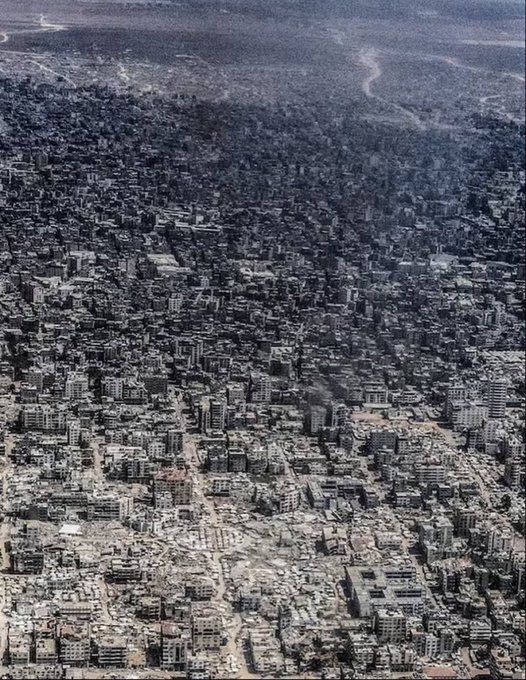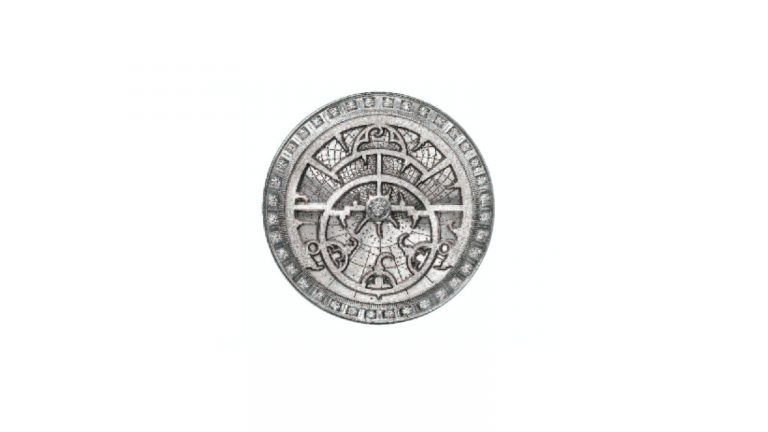—————————————————
Islamic Human Rights Commission
—————————————————
02 July 2003
BRIEFING: MOLDOVA’S UNOFFICAL MUSLIMS
Moldova’s Muslim population have been subjected to discrimination and harassment from the Moldovan government, including the refusal to recognise and register Moldova’s Muslims.
Status of religion in post-independence Moldova
Moldova is a small republic sandwiched between Ukraine and Romania. With independence from the former Soviet Union, Moldova did witness greater religious freedom. Legislation passed in 1992 guaranteed religious freedom and required that the government officially recognise all religious groups. Thus, majority composite faiths, such as the Romanian Orthodox Church and the Russian Orthodox Church, as well as the Jewish faith, have been afforded official recognition, extending to state funding.
State refusal to recognise Moldova’s Muslims
However, Moldova’s minority Muslim community, estimated to be 3,000 strong, have been repeatedly refused official recognition and registration by the Moldovan government. This is despite the right to religious freedom and toleration enshrined in Moldova’s constitution. Article 16 of the Moldovan Constitution establishes the principle of equality before the law and public authorities, irrespective of race, nationality, ethnic origin, language, religion, etc. Article 10 guarantees all citizens the right to preserve, develop and express their ethnic, cultural, linguistic and religious identity. Furthermore, Article 32-3 of the Constitution stipulates that the law should prohibit and punish instigation to ethnic, racial or religious hatred and incitement to discrimination. Article 31 protects freedom of conscience, including freedom of religion, while freedom of opinion and expression are guaranteed by Article 32-1.
In 2002 Moldova’s Muslim community launched a challenge to this continual denial through the European Court of Human Rights (ECHR). The case is still pending.
Government justification for state-sanctioned discrimination towards Moldova’s Muslims
The State Religious Service (SRS), a central authority reporting directly to the Moldovan government, refused repeatedly to register the Spiritual Council of Muslims of Moldova. In September 2000, Gh.Armasum, head of the SRS, justified the refusal to register Muslim organisations on the basis that “97% of population of Moldova is Christian”.
According to Serghei Ostaf, a human rights lawyer with the Moldavian Helsinki Committee for Human Rights, the “government acts very much form a Christian-biased position. Most of the recognised religious faiths are Christian or Christian-derives”. The Spiritual Council of Muslims of Moldova also allege that is was discriminated against because some of its members are Afghan and Chechen refugees.
Detentions of Muslims and Forced Mosque closures
On 27 July 2002 three leading Muslims, Talgat Masaev, leader of the Spiritual Council of Muslims of Moldova, Rustam Ahsamov, head of ‘Calauza’, a Muslim charitable organisation and Haisan Abdel-Rasul, a Sudanese citizen, were detained at the headquarters of the Interior Ministry in the Moldovan capital Chisinau over a summer camp to study Islam. According to Masaev no reasons was given for their arrests, but were asked about links with “Islamic terrorism” and Osama bin Landen. Masaev further added, “I was not beaten but the other two were severely beaten – for no reasons. The officers behaved like bandits”.
Until recently Chisinau’s Muslim community rented three venues to hold Friday prayers. Worshippers at all three venues had been subjected to state harassment, checking their identities and filming those worshippers attending prayers. In early 2002 two were shut down. Police raided the third on 26 July 2002 during Friday prayers, with the police taking the identity of all those present. On the same day as the raid, Masaev was questioned alone at the Interior Ministry and warned to end his attempts to register Moldova’s Muslim community. Also, on the same day Ahsamov was questioned about the activities of ‘Calauza’.
According to the Moldavian Helsinki Committee for Human Rights, other Muslims were summoned for questioning by the Interior Ministry.
Other forms of state harassment and discrimination towards Moldova’s Muslims
In 2001 it was reported that in the Transdniester region in eastern Moldova, the KGB (secret police) interrogated Muslims.
In June 2002, the Moldovan Justice Ministry threatened to ban Muslim NGOs (Non-Governmental Organisations), accusing them of spreading ‘Islamic propaganda’.
Other government organs refer to Islam as ‘Islamic cult’ and the use of this terminology has become evident in certain sections of the Moldovan media. Indeed, the Moldovan government has been vocal in its attacks on Islam. In September 2002 an Interior Ministry press release proclaimed, “many societies and non-government organisations have been created in the latest time in Moldova, which aim mainly at making propaganda of Islamic culture and religion”. The Interior Ministry claimed that no Muslim community existed in Moldova justifying the official non-recognition of Islam. The Interior Ministry has also claimed that the Moldovan police have discovered many improvised mosques in the homes of foreign students.
Also, the Romanian Missionary Society has proclaimed Moldova’s Muslim population as the target of evangelical proselytising.
Political and media hysteria towards Muslims in Moldova
Post-9/11 parliamentary inquires conducted by extreme right-wing MPs have made various unsubstantiated claims of the existence of ‘terrorists’ amongst Muslims students of North African and Near Eastern origin at the International Independent University of Moldova.
Intolerance towards Moldova’s Muslims is not just limited to the political arenas, but has also found its way into the Moldovan media. A June 8 2001 article in ‘Dialog’, a weekly newspaper, entitled ‘Snares of the Sects’ attacked the activities of Muslim humanitarian organisations and right-wing newspaper ‘Flux’ ran a number of anti-Muslim and anti-Arab articles.
IHRC concerns over the situation of Moldova’s Muslims.
IHRC lends it unreserved support to efforts to pursue state recognition and equality through the ECHR. IHRC condemns the Islamophobia of the Moldovan government and seeks to remind Moldovan authorities that there has been an indigenous Muslim presence in Moldavia since Ottoman times. The obstinate refusal to recognise Moldova’s Muslim population renders the constitution useless, as the current stance of the Moldovan government effectively discards its provisions.
IHRC calls upon the Moldovan government to recognise and register Moldova’s Muslim population and end all forms of state-sponsored discrimination and harassment.
IHRC also expresses its concerns over the treatment of Afghani and Chechen refugees. IHRC seeks to remind the Moldovan government of Article 19 of the constitution entitling aliens and stateless persons to the same rights as citizens of the Republic of Moldova, as well as its obligations under various international treaties.
For more information please contact:
Islamic Human Rights Commission
PO Box 598
Wembley
HA9 7XH
United Kingdom
Telephone (+44) 20 8902 0888
Fax (+44) 20 8902 0889
Email info@ihrc.org
Web www.ihrc.org




